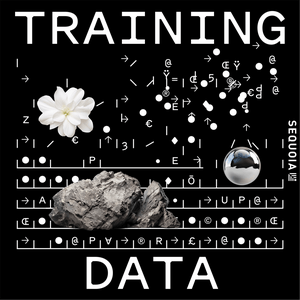Geen reclame. Meer Prime.
Geen reclame. Meer Prime.
Geen reclame. Meer Prime.
Geen reclame. Meer Prime.
De podcast begint in
- 0 sec.
Building the GitHub for RL Environments: Prime Intellect's Will Brown & Johannes Hagemann
How Ricursive Intelligence’s Founders are Using AI to Shape The Future of Chip Design



Training Data